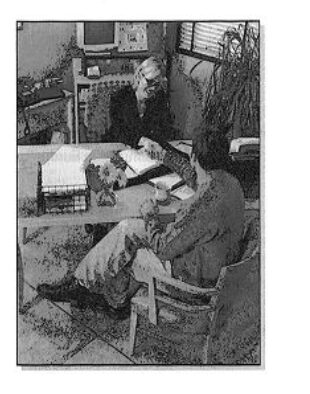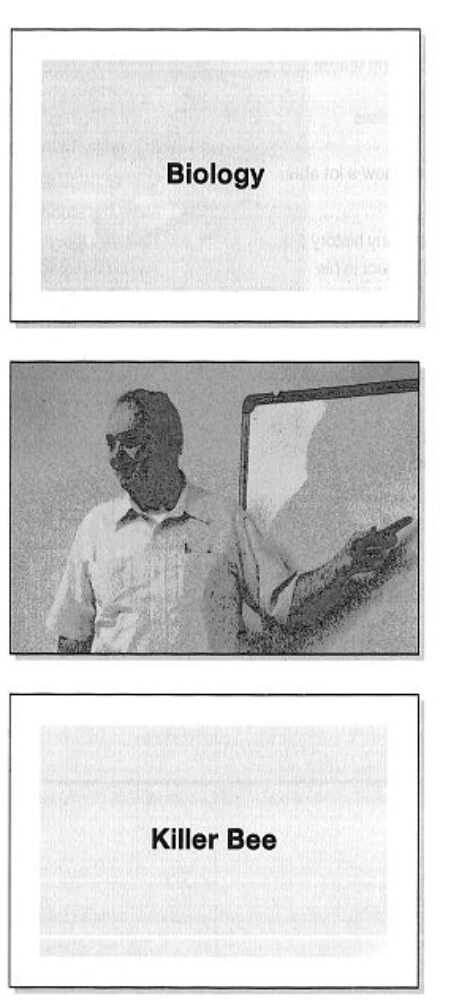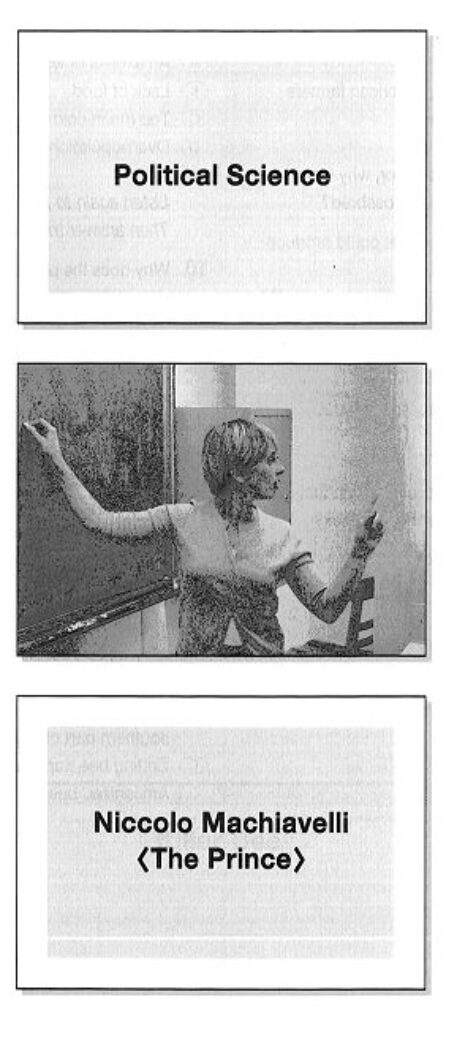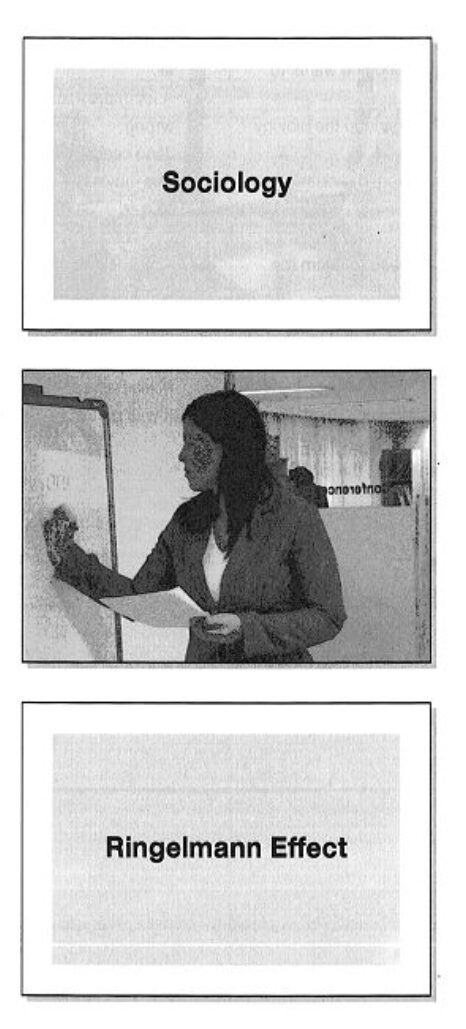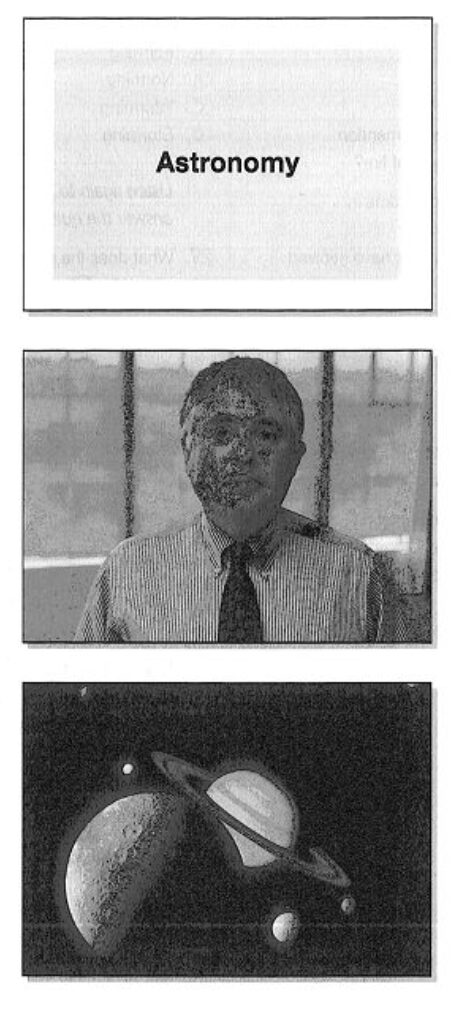TOEFL IBT Listening Practice Test 25 from TOEFL iBT Navigator – Powerful tools to help you navigate TOEFL iBT
Listening Section Directions
This test measures your ability to understand conversations and lectures in English.The Listening section is divided into 2 separately timed parts. In each part you will listen to 1 conversation and 2 lectures. You will hear each conversation or lecture only one time.
After each conversation or lecture, you will answer questions about it. The questions typically ask about the main idea and supporting details. Some questions ask about a speaker’s purpose or attitude. Answer the questions based on what is stated or implied by the speakers.
You may take notes while you listen. You may use your notes to help you answer the questions. Your notes will not be scored. If you need to change the volume while you listen, click on the Volume icon at the top of the screen.
In some questions, you will see this icon: This means you will hear, but not see, part of the question. Some of the questions have special directions. These directions appear in a gray box on the screen.
Most questions are worth 1 point. If a question is worth more than 1 point, it will have special directions that indicate how many points you can receive. You must answer each question. After you answer, click on Next. Then click on OK to confirm your answer and go on to the next question. After you click on OK, you cannot return to previous questions.
A clock at the top of the screen will show you how much time is remaining. The clock will not count down while you are listening. The clock will count down only while you are answering the questions.
TOEFL IBT Listening Practice Test 25 from TOEFL iBT Navigator – Powerful tools to help you navigate TOEFL iBT
Question 1-5: Listen to the following conversation between a student and a professor.
1. What does the student want to study?
A. The works of a professor at State University
B. A class taught by Dr. Johnson
C. Additional classes from the drama department
D. Introductory calculus classes
2. Why does the student Know a lot about history?
A. He has already taken many history classes.
B. History is a required subject in his department.
C. His father taught him a lot about the subject.
D. He and the professor are close friends.
3. Why is the professor reluctant to allow the student into the class?
A. There are many other students who must take the class.
B. There are only a few students in the class.
C. The topic of the class is too difficult for the student.
D. The student will graduate soon.
4. What will the student do next semester?
A. He will change majors.
B. He will take the professor’s class.
C. He will help his father work on his book.
D. He will take one more history class.
5. According to the professor, what will she do in two terms?
A. Allow the student into her class
B. Talk with the student’s father
C. Try to find space in her class for the student D. Publish a book about war
Question 6-11; Listen to part of a lecture from a biology class.
6. What is the lecture mainly about?
A. Different insects from the Sahara Desert
B. Attempts to genetically modify animals for agriculture
C. The problems facing Amencan farmers
D. Africanized honeybees
7. According to the professor, why were different types of bees crossbred?
A. Farmers wanted bees that could produce more honey.
B. Scientists hoped that the new bees would establish more hives.
C. The bees were crossbred as part of a ‘arger experiment.
D. An accident at the laboratory led to the bees being mixed together.
8. Why does the professor mention that killer bees will wait over water to attack?
A. To describe how bees fly
B. To explain how they attack
C. To express concern for the bees’ safety
D. To show that they are intelligent
9. According to the professor, which of the following Is not a reason for killer bees to swarm?
A. An excess of warm weather
B. Lack of food
C. Too much cold weather
D. Overpopulation
Listen again to part of the lecture.
Then answer the question.
10. Why does the professor say this: O
A. To show that killer bees are dangerous to the economy as well as to people
B. To prove that killer bees are really from Central America
C. To express fear about American honeybees
D. To describe the average life cycle of a killer bee
11. According to the professor, what attempt has been made to stop killer bees?
A. Moving them further north where the climate is colder
B. Additional crossbreeding with normal honeybees
C. Allowing the killer bees to remain in the southern part of Amenca
D. Setting bee traps in trees to kill the Africanized bees when they swarm
QUESTION 12-17
12. What is the lecture mainly about?
A. Political leadership during tho time of the Romans
B. Different types of politicians
C. Max Weber
D. Niccolo Machiavelli
13. According to the lecture, why dkj Machiavelli not profit from his own book?
A. No one wanted to read or talk about It.
B. Tere were few rulers who trusted his ideas.
C. Machiavelli died before it was printed.
D. He was put in jail soon after the book was finished.
14. According to the lecture, what is the most important quality of a good ruler?
A. The ability to act immorally when required to
B. The ability to control violence within the state
C. The desire to gain more power at all costs
D. Knowledge of Roman rulers and their techniques
15. Why does the professor mention business schools?
A. To show that Machiavelli’s ideas about leaders are still used today
B. To explain how business and government are connected through power
C. To describe how politics and business are different from government
D. To introduce a new topic connected to the use of money in politics
16. According to the lecture, why does a monopoly of violence create a stable state?
A. The ruled constantly v/ant to challenge the ruler’s authority.
B. Many people v/ant to attack the violent state.
C. None of the ruled questions the ruler’s power.
D. There are more soldiers in the army.
Listen again to part of the discussion. Then answer the question.
17. What does the professor imply when she says this:
A. Only rulers should follow Machiavefli’s advice.
B. Machiavelli’s ideas are harmful.
C. Some of his techniques are required for survival.
D. Only politicians should not follow Machiavelli’s book.
QUESTION 18-22
18. Why does the woman go to see the professor?
A. She wants to talk about her classmate Jane.
B. The professor has a question he wants to ask her.
C. She wants to know her mark on the biology exam.
D. She needs the material from the class she missed.
19. When does the woman need to return the tape by?
A. Within fifty minutes
B. As soon as she is done with it
C. After about an hour
D. Before the other students ask for it
20. Where will the woman watch the tape?
A. In the library
B. At home
C. In the professor’s office
D. In the student lounge
21. Why is the professor worried that the woman does not have any notes?
A. Ax She does not know anything about jazz at all.
B. A lot of the information In the movie was wrong.
C. Jane needs to use her notes for class, too.
D. The movie did not cover everything related to jazz.
22. According to the professor, where dees the word jazz come from?
A. It was in a traditional song.
B. No one is sure.
C. Miles Davis invented it.
D. It was part of an African language.
Question 23-28: Listen to part of a lecture from a sociology class.
23. What is the lecture mainly about?
A. Classical music
B. The Ringelmann Effect
C. Sports psychology
D. Groups
24. Why does the professor mention humankind’s discovery of fire?
A. To discuss an important time in humankind’s history
B. To show how far humans have evolved since that time
C. To describe how information can be shared within a community
D. Tb express doubt about human intelligence in general
25. According to the professor, why are people polite when they first become a group?
A. No one knows the other members yet.
B. There is no reason to be impolite.
C. People care about how the group will eventually interact.
D. Everyone wants to be the best in the group.
26. Which of the following are mentioned as stages a group goes through?
Click on 3 answers.
A. Forming
B. Nonming
C. Informing
D. Storming
Listen again to part of the discussion. Then answer the question.
27. What does the professor imply when she says this:
A. Rowing is not as popular as skiing at the Olympic games.
B. Many people have difficulty pronouncing names from other countries.
C. Individual accomplishments are considered more important than group ones.
D. It is easier to remember someone’s nationality than his name.
28. According to the professor, why does she NOT mark the class as a group?
A. None of the students like one another.
B. Students try harder when they are marked separately.
C. There are too many groups within the class.
D. The professor does not believe in the Ringelmann Effect.
Question 29-34
29. What is the lecture mainly about?
A. The largest moon in the solar system
B. The second largest moon in the solar system
C. Mars
D.Saturn
30. According to the professor, why is Titan more like a planet than a moon?
Click on 2 answers.
A. It is close to the sun.
B. It is very large.
C. It has a thick atmosphere.
D. It was named after mythic gods.
31. According to the professor, why would it be difficult to move on Titan?
A. The surface is like frozen sand.
B. There are many mountains.
C. The atmosphere is full of dangerous gases.
D. The amount of gravity is more than Earth’s.
32. Why does the professor mention winter clothes?
A. To explain the temperature on Titan
B. To show that travel to Titan is possible
C. To express concern for astronauts
D. To discuss probes sent to Titan
33. According to the lecture, what might happen to Titan in the future?
A. Titan may become warmer.
B. It may become more similar to Earth.
C. Saturn may crash into it.
D. The atmosphere may become thick.
Listen again to part of the lecture, Then answer the question.
34. What does the professor Imply when he says this:
A. He does not believe most of the things said about the planets and their moons.
B. Most of the information we have about the solar system is based on guesses.
C. The students will have a lot of trouble getting the right answers on the exam.
D. There are many problems associated with our research of Titan.


